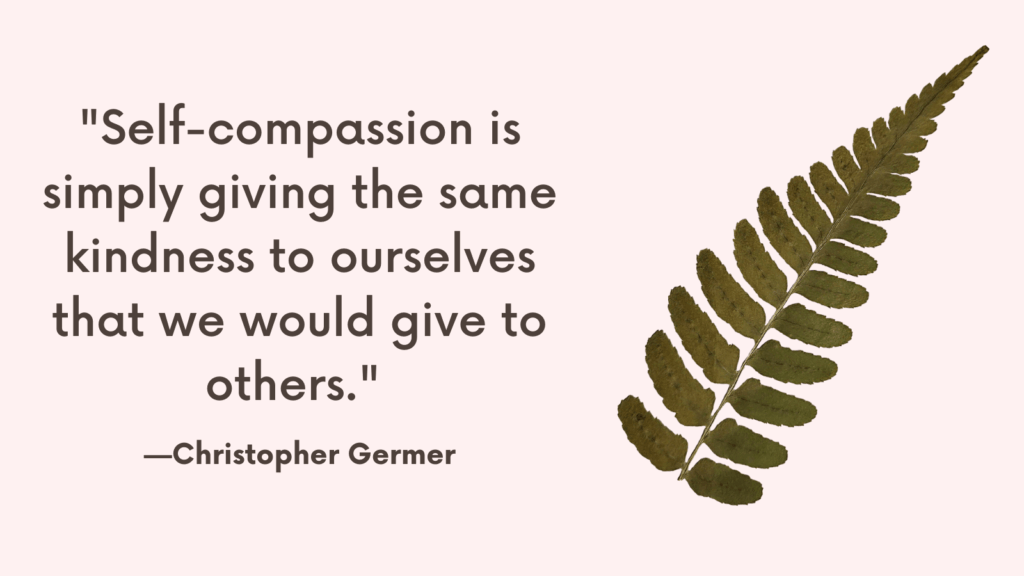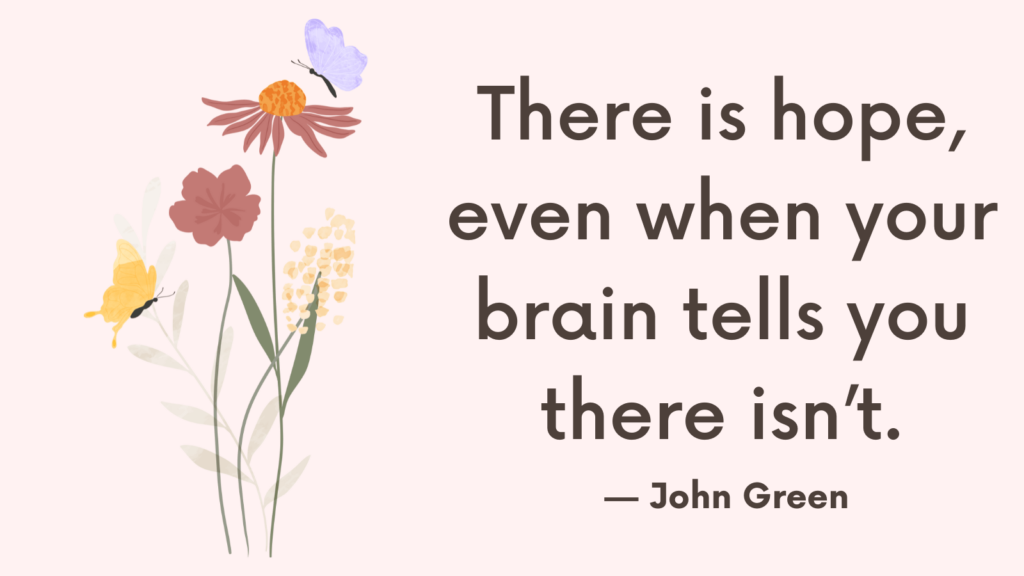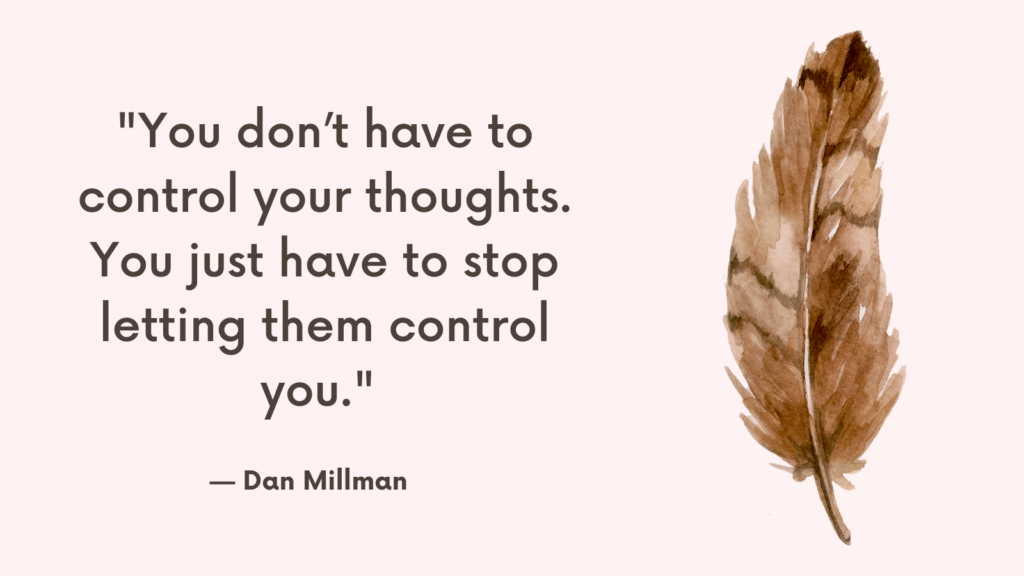Some wounds never get the closure they deserve. The person who hurt you may never admit it. They may rewrite the story, deny it happened, or disappear altogether. But healing isn’t held hostage by their apology. You don’t need them to say sorry to set yourself free. You can stop waiting—and start reclaiming your peace.
Why We Crave an Apology
You want the apology because it represents recognition. It’s not just about the words—it’s about being seen, validated, and understood. An apology says: “Yes, that happened. You’re not imagining it. Your pain is real.” When that doesn’t come, it can feel like the wound stays open.
But when your healing depends on them, you stay tethered to their growth—or lack of it. You deserve peace, even if they never see what they did.
The Risk of Waiting for Closure
You stay emotionally attached
You relive the hurt looking for meaning
You tie your healing to their timing
You remain in a state of emotional debt, hoping they’ll repay it
Closure is not something they give you. It’s something you choose.
How to Heal Without Needing an Apology?
1. Accept That Their Silence Is a Message
No response is a response.
When someone refuses to acknowledge your pain, they are showing you who they are.
Say to yourself: “I deserved more—but I no longer need it from them.”
2. Validate Your Own Pain
You don’t need their agreement to legitimize what you felt.
Try:
“What happened hurt me. My experience is real—even if they never admit it.”
Self-validation is emotional closure.
3. Grieve the Closure That Won’t Come
Let yourself cry over the apology you’ll never get, the justice that won’t arrive, the repair that won’t happen.
Grief clears the space that resentment clutters.
Related: The Psychology Behind Cheating And Lying
4. Stop Rehearsing the Fantasy
Stop imagining the perfect conversation where they finally understand, regret, or explain.
That fantasy keeps you tethered.
Reality is painful—but it’s where healing happens.
5. Rewrite the Narrative for You
Say:
“They didn’t say sorry. But I choose to stop carrying their wrongdoing.”
You get to rewrite the ending—even if they never changed the middle.
6. Use the Pain to Strengthen Your Boundaries
What hurt you can also teach you what you’ll never allow again.
Let the absence of an apology sharpen your clarity—not harden your heart.
7. Choose Peace Over Permission
You don’t need their approval to release them.
You don’t need their remorse to recover.
Healing is something you give yourself.
Related: Breakup Therapy: 6 Techniques to Help Clients Cope With Grief
8. Detach Your Healing From Their Growth
They may never grow. They may never understand. That doesn’t mean you have to stay stuck.
Say: “My growth doesn’t wait for theirs.”
9. Practice Daily Self-Repair
Every time the pain resurfaces, respond gently:
“You weren’t crazy. You weren’t overreacting. You were hurt. And you’re healing now.”
Make peace a practice.
10. Let Forgiveness Be About You, Not Them
Forgiveness doesn’t mean forgetting, excusing, or reconciling.
It means: “I’m done drinking the poison of what they did. I choose to release it for my own freedom.”
Related: Top 7 Tips On Setting Boundaries With An Ex When In A New Relationship

Conclusion
An apology may never come. But your healing still can.
You don’t need their regret to reclaim your joy.
You don’t need their acknowledgment to validate your truth.
You get to say: “What happened hurt me—but it no longer holds me.”
And that—that—is your closure.



